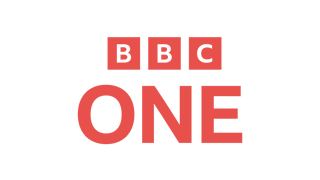Exploring BBC One: A Cornerstone of British Broadcasting

Introduction to BBC One
BBC One is more than just a television channel; it is a national institution in the United Kingdom. Established in 1936, it has consistently held a significant role in British culture and society. Known for its diverse array of programming, from gripping dramas to informative documentaries and engaging news broadcasts, BBC One serves as a mirror reflecting the UK’s evolving identity.
Programming Highlights
Recent statistics underscore the channel’s popularity and viewership. According to the latest figures released by BARB (British Audience Research Board), BBC One remains the most-watched TV channel in the UK, attracting an average of over 23 million viewers each week. Key programmes have contributed to this success, including timeless classics like ‘Doctor Who’, ‘EastEnders’, and the annual ‘Strictly Come Dancing’ competition, which boasts a substantial viewer base.
Additionally, BBC One has adapted to changing viewer habits. Recent programming innovations include an increased focus on live events and topical shows that resonate with contemporary audiences. The channel’s ability to bring live sports, such as the Olympics and Premier League football, has been instrumental in retaining its status as a go-to source for entertainment and news.
Challenges and Adaptations
However, BBC One faces significant challenges amid the rising competition from streaming platforms such as Netflix and Amazon Prime. As viewing habits evolve, the BBC has embraced digitalisation, expanding its online presence through BBC iPlayer to cater to the on-demand viewing preferences of younger audiences. This shift is crucial, considering a report from Ofcom indicating that younger viewers increasingly favour online content over traditional broadcasting.
The Cultural Impact
BBC One also plays a pivotal role in promoting British culture and storytelling. Series like ‘The Great British Bake Off’ and adaptations of beloved literary works contribute to a shared national experience, fostering community engagement and cultural dialogue. The channel also prioritizes inclusivity, featuring a range of voices and perspectives that reflect modern Britain.
Conclusion: The Future of BBC One
As BBC One looks to the future, it must navigate a rapidly changing broadcasting landscape while staying true to its mission of providing quality content for all. With ongoing investments in new programming and technology, the channel aims to remain relevant in a competitive environment. For viewers, BBC One continues to be more than just a channel; it represents a touchstone of British identity, culture, and shared experiences, illustrating the importance of public service broadcasting in the digital age.









